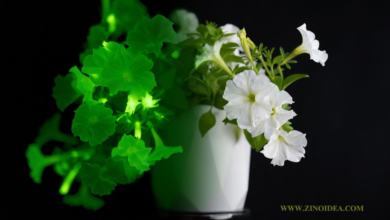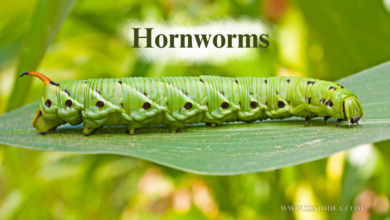Plants That Repel Mosquitoes Naturally
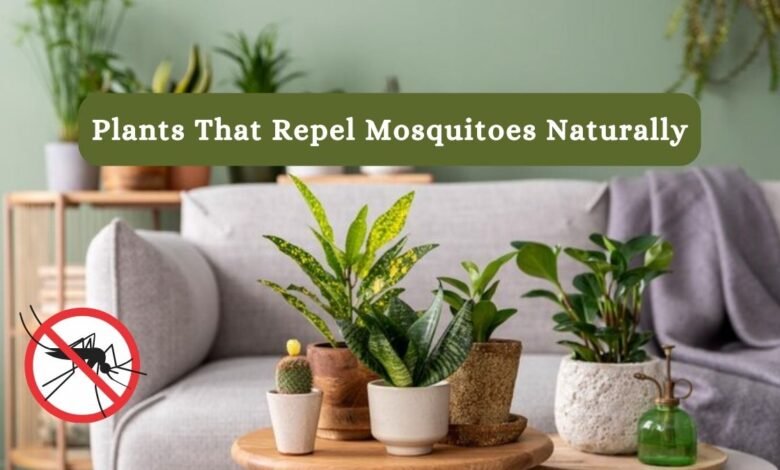
Mosquitoes are not only annoying pests but also carriers of various diseases. While commercial mosquito repellents are widely available, many people prefer natural alternatives to avoid exposure to potentially harmful chemicals. One effective and environmentally friendly solution is using plants that naturally repel mosquitoes. In this article, we’ll explore a variety of plants that can help keep mosquitoes at bay while adding beauty and fragrance to your outdoor space.
Importance of Plants That Repel Mosquitoes Naturally
Mosquitoes are not just a nuisance; they can also transmit diseases such as malaria, dengue fever, and Zika virus. Traditional chemical repellents may contain ingredients that some people prefer to avoid, especially for prolonged use.
Benefits of Using Plants to Repel Mosquitoes
Natural mosquito repellent plants offer a safer and more sustainable alternative to chemical sprays. They not only deter mosquitoes but also contribute to a healthier environment by supporting local ecosystems and biodiversity.
Lavender: A Natural Mosquito Repellent
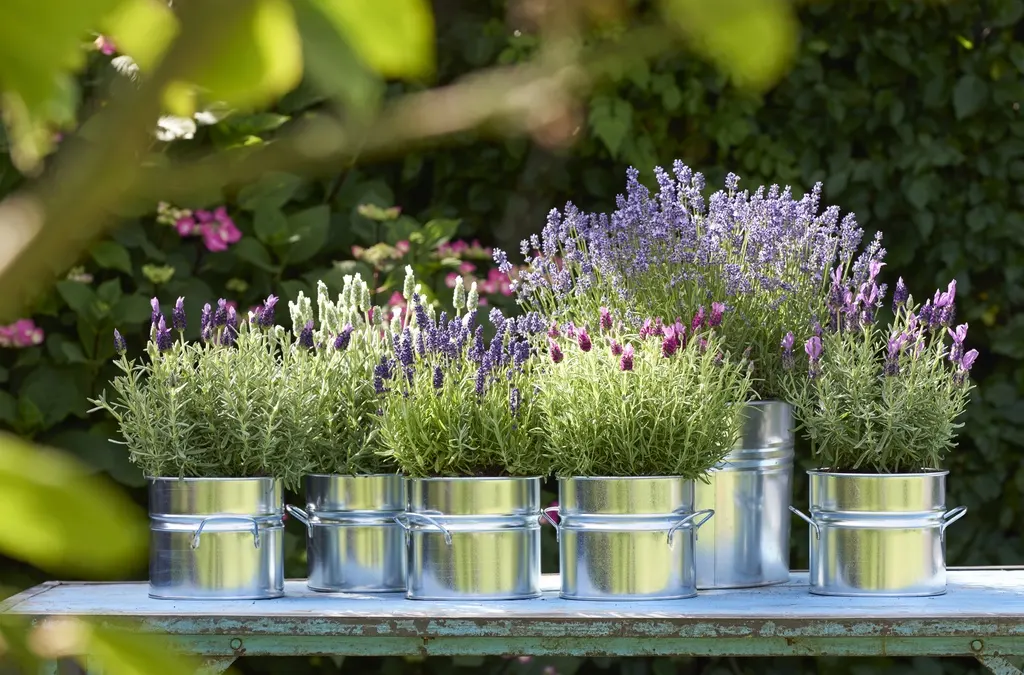
Properties of Lavender that Repel Mosquitoes
Lavender contains essential oils such as linalool and linalyl acetate, which are known for their mosquito-repelling properties. The scent of lavender is pleasant to humans but repulsive to mosquitoes, making it an excellent choice for outdoor areas.
How to Grow and Use Lavender for Mosquito Control
Lavender thrives in well-drained soil and full sunlight. Planting lavender in pots or as border plants around your patio can create a natural barrier against mosquitoes. You can also dry lavender flowers and make sachets or essential oil for use as a mosquito repellent.
Citronella: The Most Popular Mosquito Repellent Plant
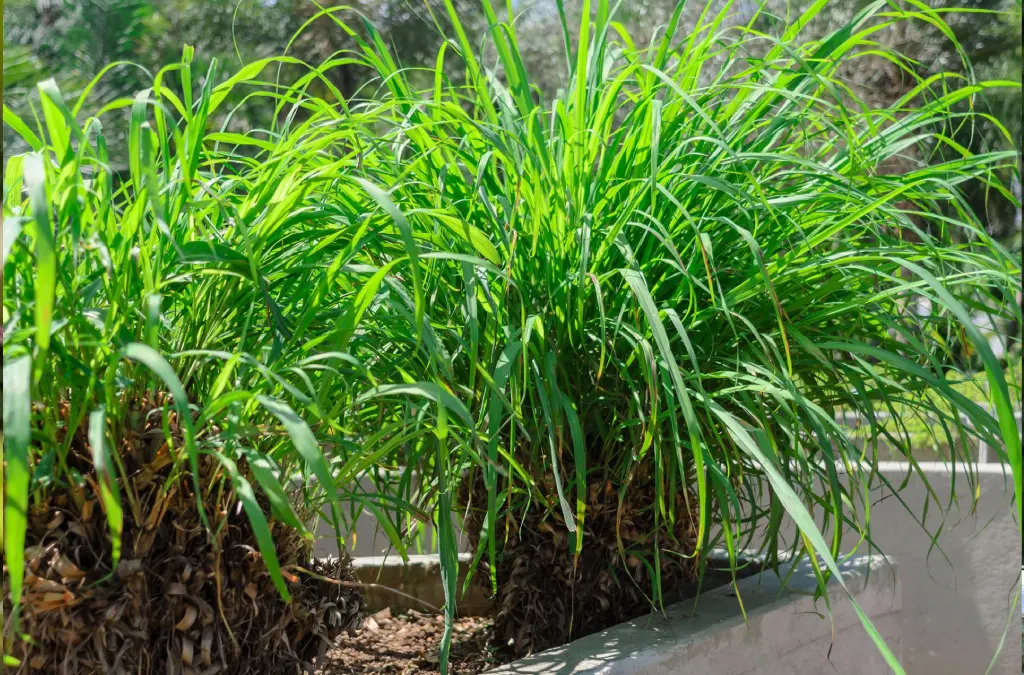
Effectiveness of Citronella in Repelling Mosquitoes
Citronella grass contains citronellal and geraniol, which are natural repellents for mosquitoes. Citronella candles and oils are commonly used to ward off mosquitoes during outdoor gatherings.
Different Ways to Use Citronella to Repel Mosquitoes
Planting citronella in your garden or using citronella oil in outdoor torches can create a mosquito-free zone. You can also crush citronella leaves and rub them on your skin as a natural insect repellent.
Marigold: A Beautiful and Effective Mosquito Repellent
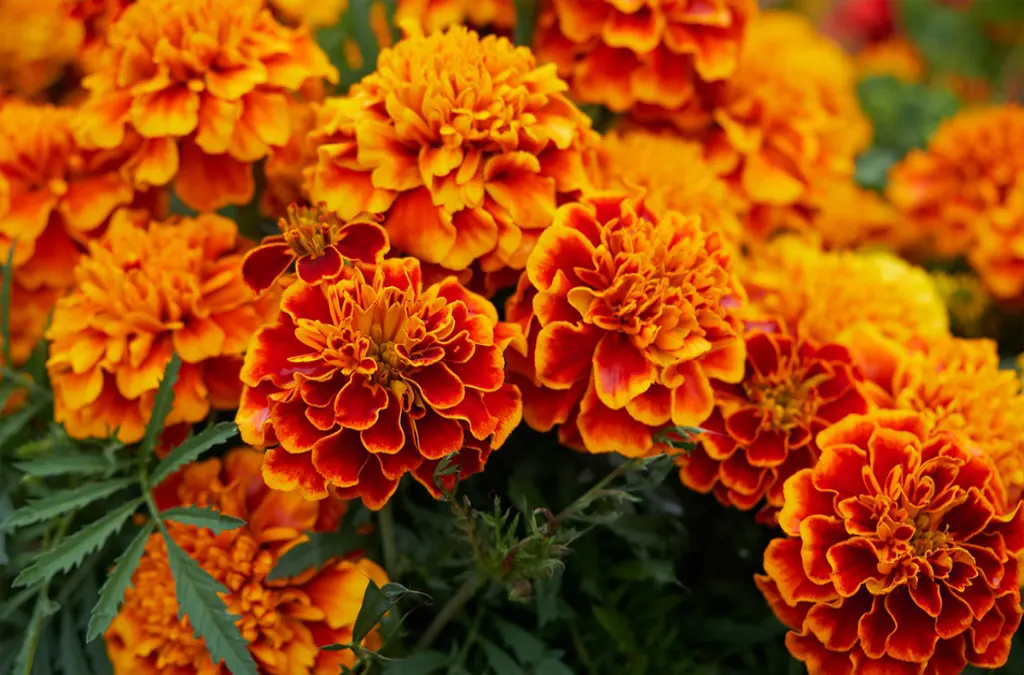
Chemicals in Marigold that Repel Mosquitoes
Marigolds contain pyrethrum, a natural insecticide that repels mosquitoes and other pests. The vibrant colors of marigold flowers add beauty to your garden while keeping mosquitoes away.
Planting and Maintaining Marigolds for Mosquito Control
Marigolds are easy to grow from seeds or transplants and thrive in full sunlight. Planting marigolds around the perimeter of your garden or in pots near entryways can help repel mosquitoes.
Peppermint: A Refreshing Mosquito Repellent
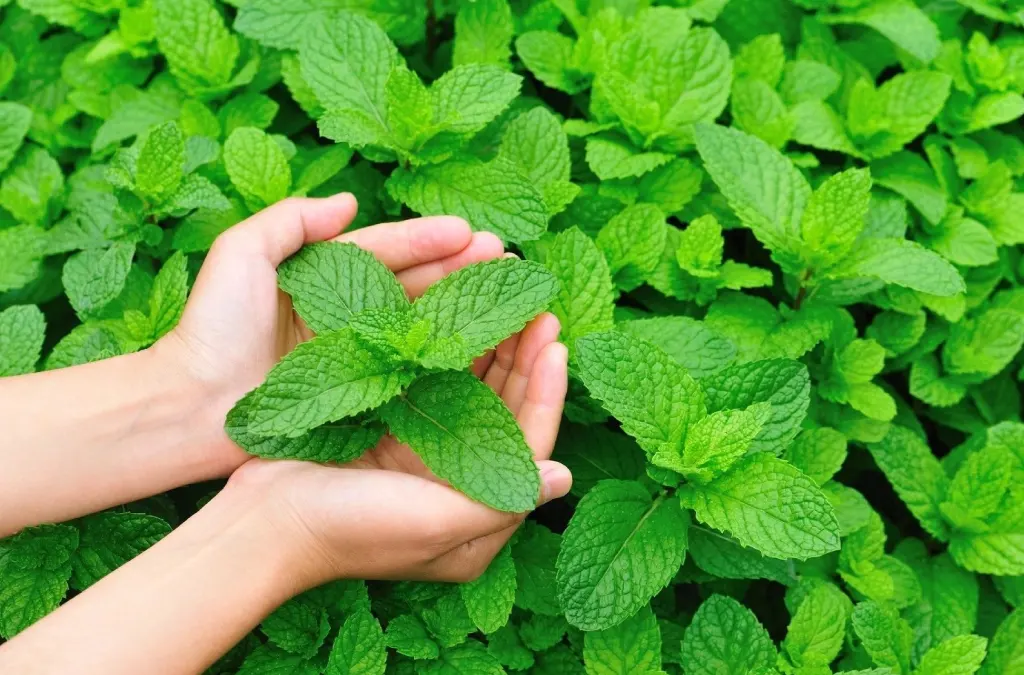
Fragrance of Peppermint that Deters Mosquitoes
Peppermint contains menthol, which has a strong scent that mosquitoes find unpleasant. Planting peppermint in your garden or crushing its leaves can help keep mosquitoes at bay.
Methods to Utilize Peppermint for Mosquito Prevention
Growing peppermint in pots and placing them around outdoor seating areas can help repel mosquitoes. You can also make a natural mosquito spray by mixing peppermint oil with water and spraying it on your skin or clothing.
Rosemary: A Versatile Mosquito Repellent Herb
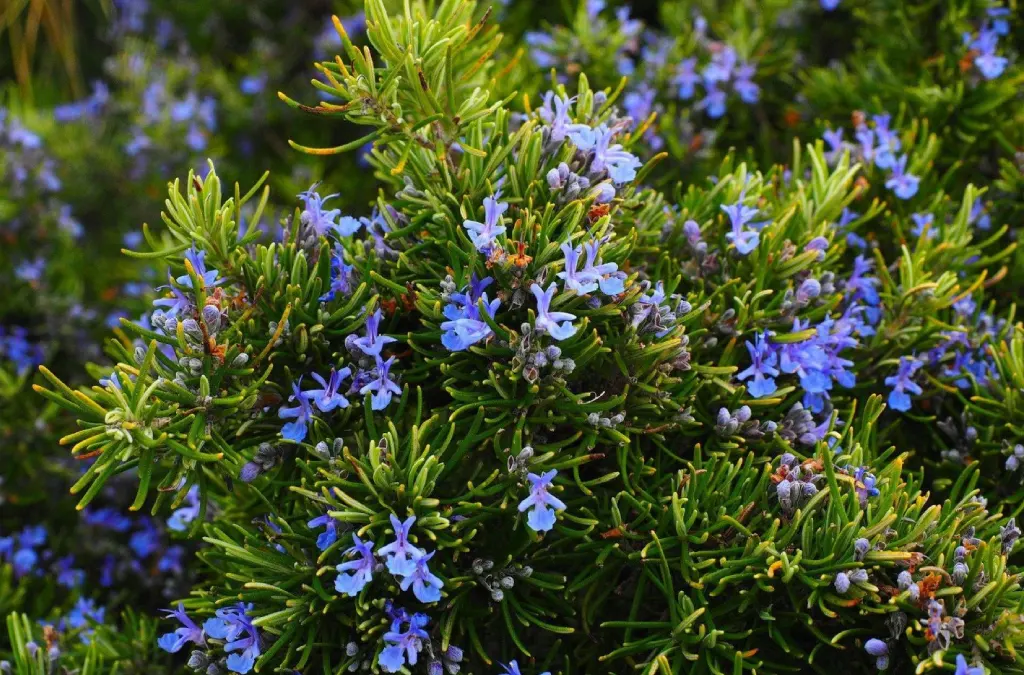
Rosemary’s Scent and Compounds that Repel Mosquitoes
Rosemary contains camphor and 1,8-cineole, which have mosquito-repelling properties. The woody fragrance of rosemary is pleasant to humans but acts as a deterrent to mosquitoes.
Incorporating Rosemary into Your Outdoor Space for Mosquito Control
Planting rosemary in pots or as hedges around your patio can help repel mosquitoes. You can also burn dried rosemary branches in outdoor fire pits to release its aroma and deter mosquitoes.
Basil: A Flavorful Herb with Mosquito-Repelling Properties
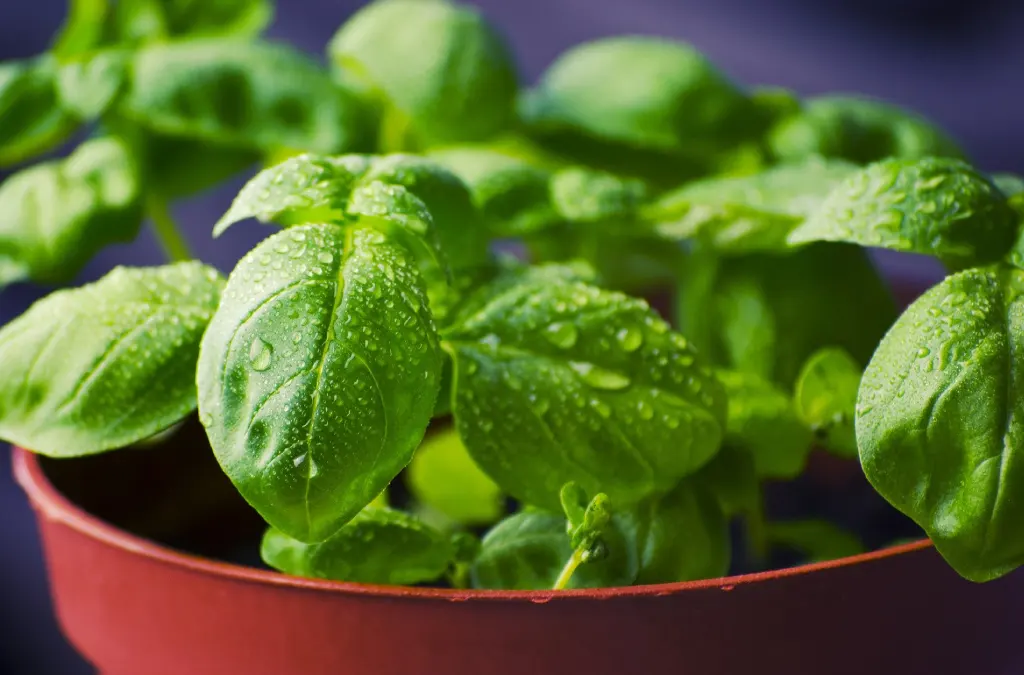
Types of Basil Effective Against Mosquitoes
Basil varieties such as lemon basil and cinnamon basil contain essential oils that repel mosquitoes. The aromatic foliage of basil plants adds flavor to culinary dishes while keeping mosquitoes away.
Cultivating Basil and Using It as a Natural Mosquito Repellent
Growing basil in pots or garden beds near windows and doors can help prevent mosquitoes from entering your home. You can also crush basil leaves and rub them on your skin as a natural insect repellent.
Lemon Balm: A Lemon-Scented Solution for Mosquitoes
Lemon balm contains citronellal, a compound with mosquito-repelling properties similar to citronella. The citrusy scent of lemon balm makes it an attractive addition to gardens and outdoor spaces.
Growing Lemon Balm and Making Homemade Repellents
Lemon balm is easy to grow from seeds or cuttings and thrives in partial shade. You can make a natural mosquito repellent spray by steeping lemon balm leaves in hot water and then straining the liquid to use as a spray.
Catnip: A Cat’s Delight, a Mosquito’s Plight
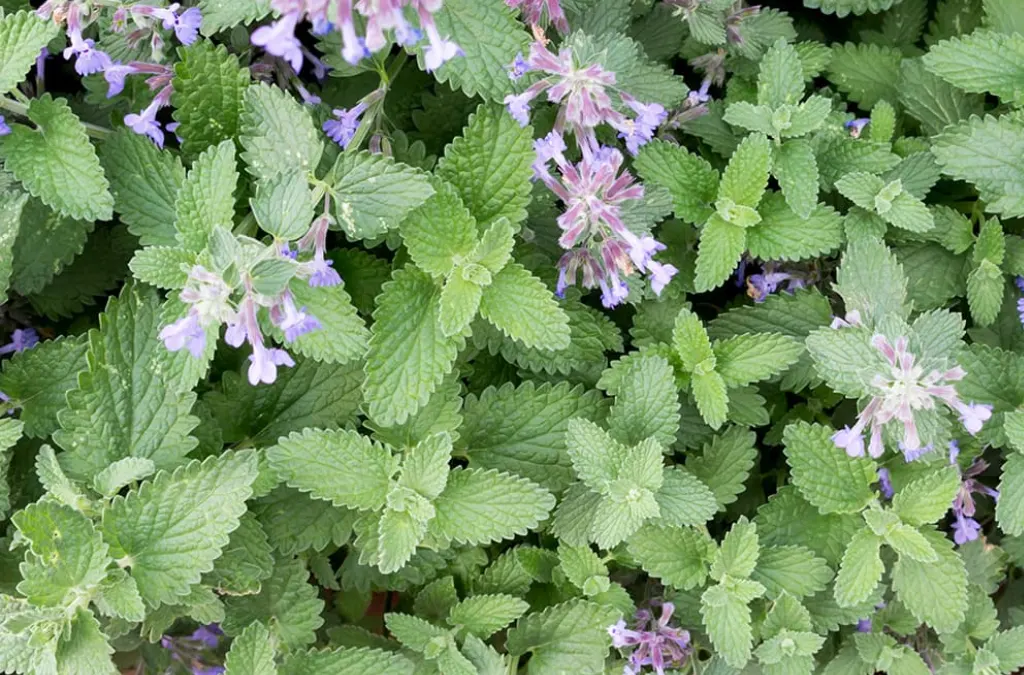
Nepetalactone in Catnip that Repels Mosquitoes
Catnip contains nepetalactone, a compound that is more effective at repelling mosquitoes than DEET, the active ingredient in many commercial repellents. While cats love catnip, mosquitoes detest it.
Ways to Grow and Apply Catnip for Mosquito Control
Growing catnip in pots or as a ground cover in your garden can help repel mosquitoes. You can also crush catnip leaves and rub them on your skin or clothing as a natural insect repellent.
Geranium: A Colorful Addition to Your Mosquito Defense

Geraniol in Geraniums that Repels Mosquitoes
Geraniums contain geraniol, a compound that disrupts mosquitoes’ ability to locate their prey. The colorful flowers of geraniums brighten up gardens while keeping mosquitoes away.
Planting Geraniums and Using Them to Keep Mosquitoes Away
Geraniums thrive in well-drained soil and full sunlight. Planting geraniums in pots or as borders around outdoor seating areas can help repel mosquitoes and add beauty to your landscape.
Sage: An Herbaceous Solution to Mosquito Problems

Compounds in Sage that Repel Mosquitoes
Sage contains camphor and rosmarinic acid, which have mosquito-repelling properties. The aromatic foliage of sage plants adds flavor to dishes and acts as a natural deterrent to mosquitoes.
Utilizing Sage in Various Forms for Mosquito Deterrence
Growing sage in pots or as a hedge around your patio can help repel mosquitoes. You can also burn dried sage leaves as incense or add them to outdoor fires to release their mosquito-repelling aroma.
Chrysanthemum: Nature’s Insect Repellent

Pyrethrum in Chrysanthemums that Repels Mosquitoes
Chrysanthemums contain pyrethrum, a natural insecticide that repels mosquitoes, flies, and other pests. Pyrethrum is commonly used in commercial insect repellents and pesticides.
Planting and Maintaining Chrysanthemums for Mosquito Control
Chrysanthemums are easy to grow from seeds or cuttings and thrive in full sunlight. Planting chrysanthemums in pots or as border plants around your garden can help repel mosquitoes while adding color and beauty to your landscape.
Feverfew: A Natural Mosquito Repellent with Medicinal Properties
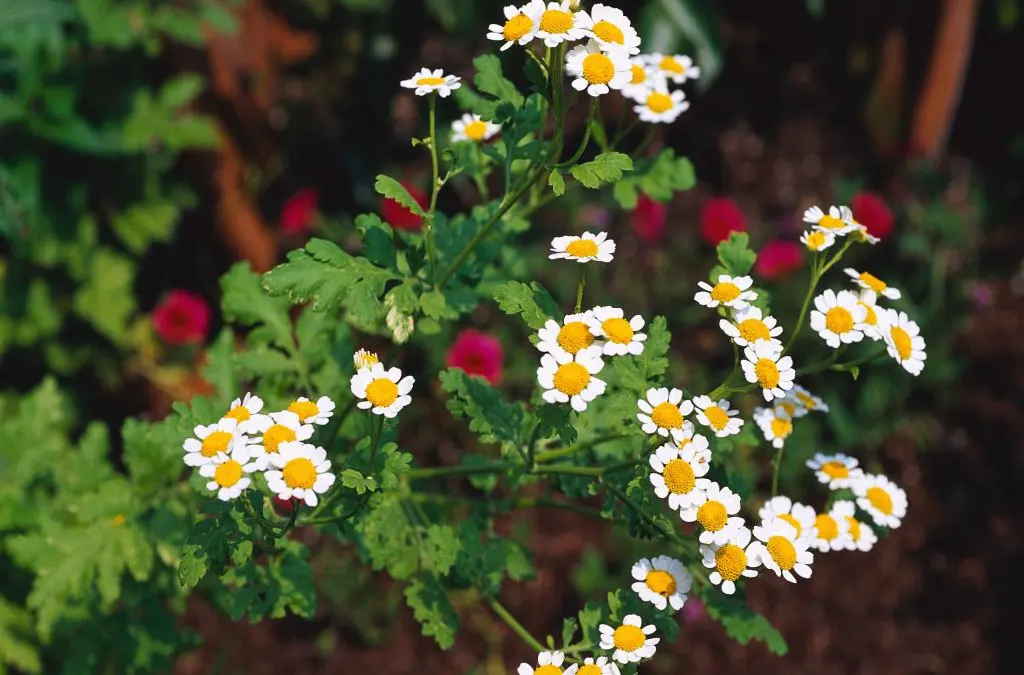
Parthenolide in Feverfew and Its Mosquito-Repelling Effects
Feverfew contains parthenolide, a compound with anti-inflammatory and insect-repelling properties. While feverfew is best known for its medicinal uses, it also acts as a natural deterrent to mosquitoes.
Growing Feverfew and Its Additional Benefits
Feverfew is easy to grow from seeds or transplants and thrives in full sunlight. Planting feverfew in pots or as borders around outdoor seating areas can help repel mosquitoes while providing medicinal herbs for home remedies.
Garlic: Not Just for Cooking, but for Mosquito Control
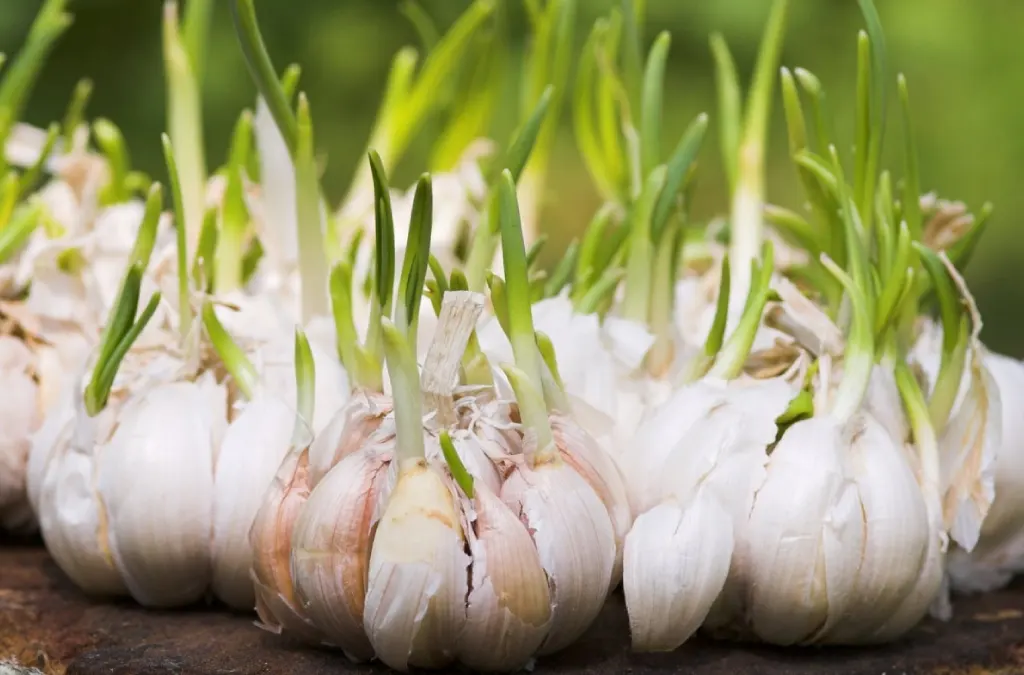
Allicin in Garlic that Repels Mosquitoes
Garlic contains allicin, a compound with mosquito-repelling properties. While the pungent odor of garlic may not be appealing to humans, mosquitoes find it offensive, making garlic an effective natural repellent.
Using Garlic as a Natural Mosquito Repellent
Crushing garlic cloves and rubbing them on your skin or mixing garlic juice with water to create a spray can help repel mosquitoes. You can also incorporate garlic into your diet to enhance its mosquito-repelling effects.
Incorporating mosquito repellent plants into your outdoor space not only helps keep mosquitoes at bay but also adds beauty, fragrance, and biodiversity to your surroundings. From lavender and citronella to basil and garlic, there are plenty of natural options to choose from, each with its unique aroma and benefits. By harnessing the power of nature, you can enjoy a mosquito-free environment while minimizing your exposure to harmful chemicals
